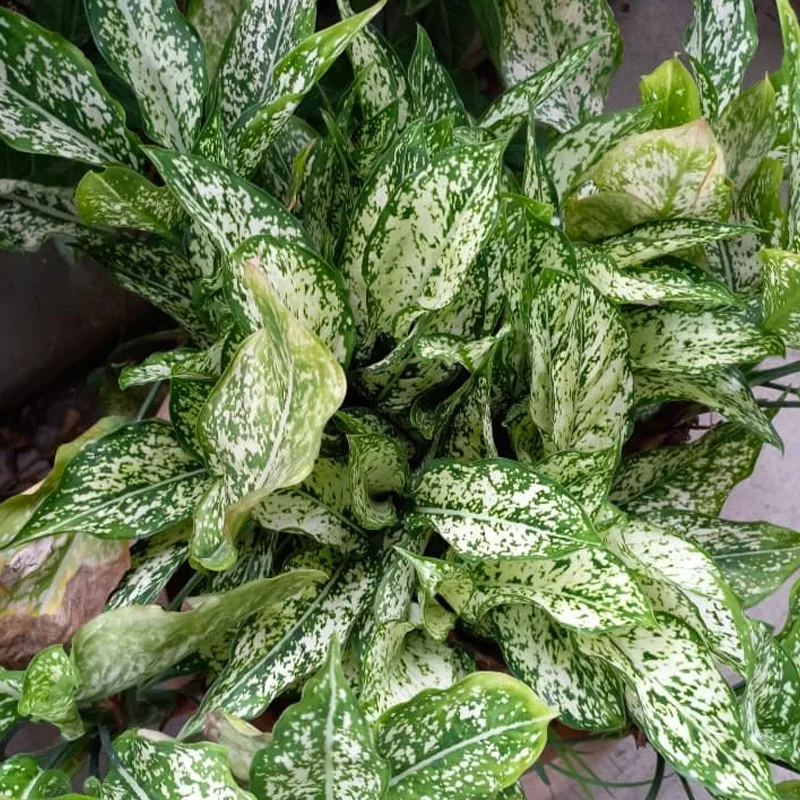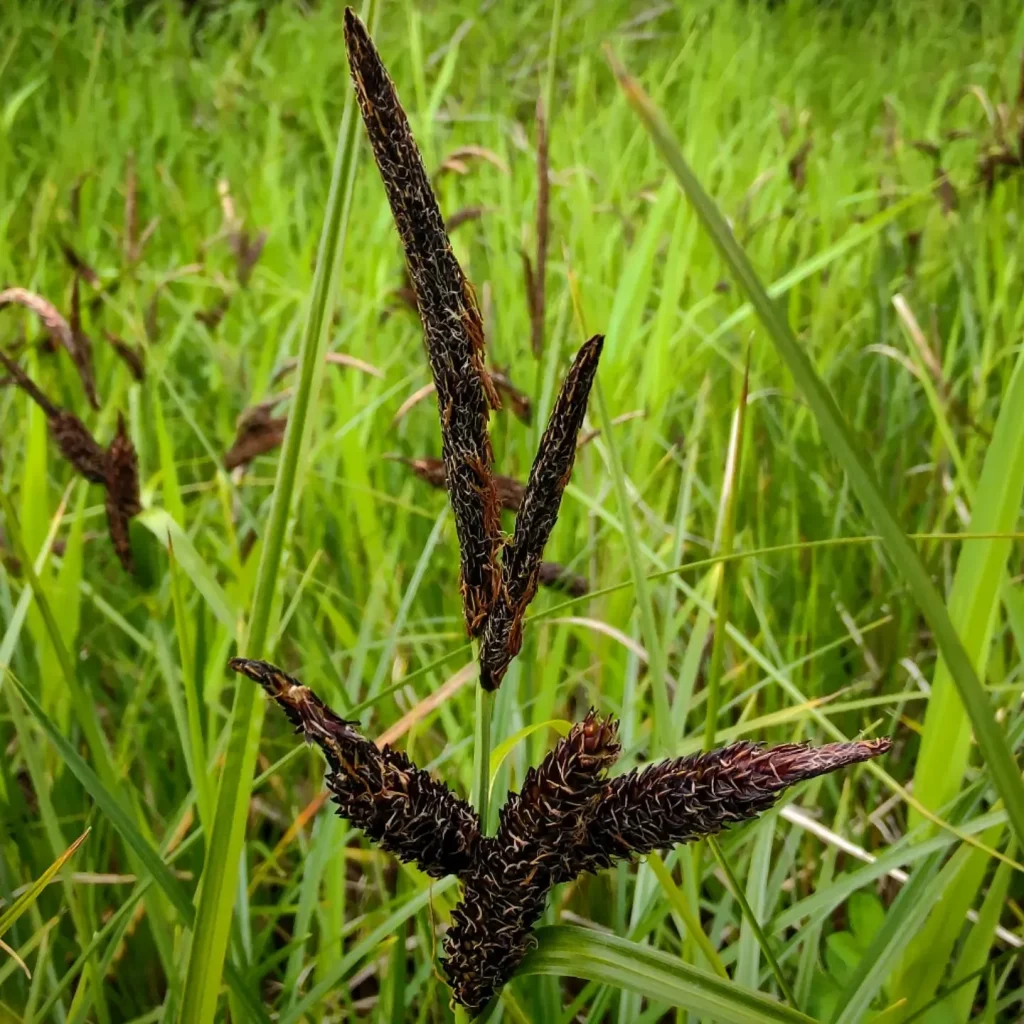
FAQs About Motherwort
Motherwort, known scientifically as Leonurus Cardiaca, is a plant with a rich history of use in traditional medicine. Over time, it has garnered attention for its potential health benefits, but many people still have questions about its uses, appearance, and more. As someone who has delved into the world of herbs, I’ll cover some of the most frequently asked questions about Motherwort and offer insights based on my experience.
What Is Motherwort?
Motherwort is a perennial herb that belongs to the Lamiaceae family. Its name, which translates to “mother’s herb,” reflects its traditional use in women’s health, particularly in childbirth and menstruation. The plant grows to about 2-4 feet tall and features jagged, serrated leaves and small, pink to purple flowers that bloom in dense clusters.
Plant Family: 225 Genera in Lamiaceae
What Is Motherwort Used For?
Motherwort has been used for centuries in herbal medicine. It’s most commonly known for its benefits in supporting reproductive health, including easing menstrual cramps and promoting uterine health. Additionally, Motherwort is used for its calming effects, which can help with anxiety and stress. It has also been employed to support heart health, particularly in managing palpitations and irregular heartbeats.
Can You Smoke Motherwort Herb?
While Motherwort is traditionally used in teas, tinctures, and capsules, smoking the herb is not recommended. Smoking Motherwort could lead to irritation of the respiratory tract and may not provide the intended therapeutic benefits. Instead, it’s best to use Motherwort in the forms that have been proven effective through historical and modern use.
How to Use Motherwort?
Motherwort can be used in several ways, depending on your needs:
- Tea: Brewed from dried Motherwort leaves and flowers, this tea is commonly used to help with menstrual cramps and to promote relaxation.
- Tincture: A concentrated herbal extract that can be taken in small doses, Motherwort tincture is often used for its calming and heart-supporting properties.
- Capsules: Available as a dietary supplement, Motherwort capsules offer a convenient way to incorporate the herb into your daily routine.
How to Make Motherwort Tea?
Making Motherwort tea is simple. Here’s a basic recipe:
- Ingredients: 1-2 teaspoons of dried Motherwort leaves and flowers, 1 cup of boiling water.
- Instructions:
- Place the dried Motherwort in a teapot or cup.
- Pour boiling water over the herb.
- Let it steep for 10-15 minutes.
- Strain and enjoy. You can sweeten it with honey if desired.
How to Make Motherwort Tincture?
To make Motherwort tincture, you’ll need:
- Ingredients: Dried Motherwort, high-proof alcohol (such as vodka).
- Instructions:
- Place the dried Motherwort in a clean jar.
- Pour alcohol over the herb, filling the jar.
- Seal tightly and let it sit in a dark, cool place for 4-6 weeks, shaking the jar daily.
- Strain the liquid through a cheesecloth or fine mesh sieve into a clean bottle. Store in a cool, dark place.
How to Harvest Motherwort?
Harvest Motherwort in late summer when the plant is in full bloom. Use sharp shears to cut the stems, ideally before the flowers are fully mature for the best concentration of active compounds. After harvesting, you can dry the plant by hanging it upside down in a well-ventilated area.
Is Motherwort a Weed?
Motherwort can be considered a weed in some contexts due to its rapid growth and tendency to spread. However, in many gardens and herbal spaces, it’s valued for its medicinal properties. It’s important to manage its growth to prevent it from overtaking other plants.
Is Motherwort Invasive?
Motherwort can be invasive in certain climates, particularly in areas where it thrives and outcompetes local flora. If you’re growing Motherwort in your garden, keep an eye on its spread and consider planting it in containers or designated areas to manage its growth.
What Does Motherwort Look Like?
Motherwort has a distinctive appearance. It features square stems typical of the mint family, and its leaves are deeply serrated and can be quite large. The small, tubular flowers are pink to purple and form dense clusters. The plant’s overall structure is bushy and can reach up to 4 feet in height.
Are Mugwort and Motherwort the Same?
Mugwort and Motherwort are different herbs, though they share some similarities. Mugwort (Artemisia vulgaris) is known for its use in digestive issues and as a flavoring in traditional dishes, whereas Motherwort is primarily used for reproductive and heart health. Both plants have distinct appearances and uses in herbal medicine.
Motherwort vs. Mugwort
Motherwort and Mugwort serve different purposes. Motherwort is valued for its effects on menstrual health and anxiety, while Mugwort is often used for digestive problems and as a seasoning. They belong to different plant families and should not be confused with one another.
Motherwort vs. St. John’s Wort
Motherwort and St. John’s Wort (Hypericum perforatum) are different herbs with unique benefits. Motherwort is primarily used for reproductive health and calming effects, while St. John’s Wort is commonly used for its antidepressant properties and to support mood. Both herbs have their distinct uses and should be chosen based on individual needs.
How to Care for Motherwort?
Motherwort is relatively easy to care for. It prefers full sun to partial shade and well-drained soil. Regular watering is important, but avoid overwatering. The plant can be cut back after flowering to promote new growth and prevent it from becoming too leggy.
What to Plant with Motherwort?
Motherwort pairs well with other medicinal herbs like chamomile and mint. Its robust growth can provide a nice backdrop to more delicate plants in a garden setting. Additionally, it can help attract beneficial insects, which is advantageous for a healthy garden ecosystem.
By understanding these FAQs about Motherwort, you can better appreciate its uses and how to incorporate it into your herbal practices. Whether you’re brewing tea, making tinctures, or simply growing it in your garden, Motherwort has a lot to offer.
If i die, water my plants!



